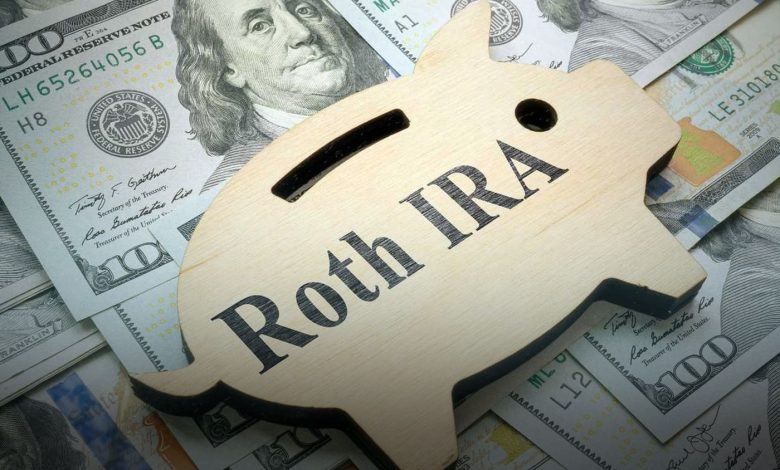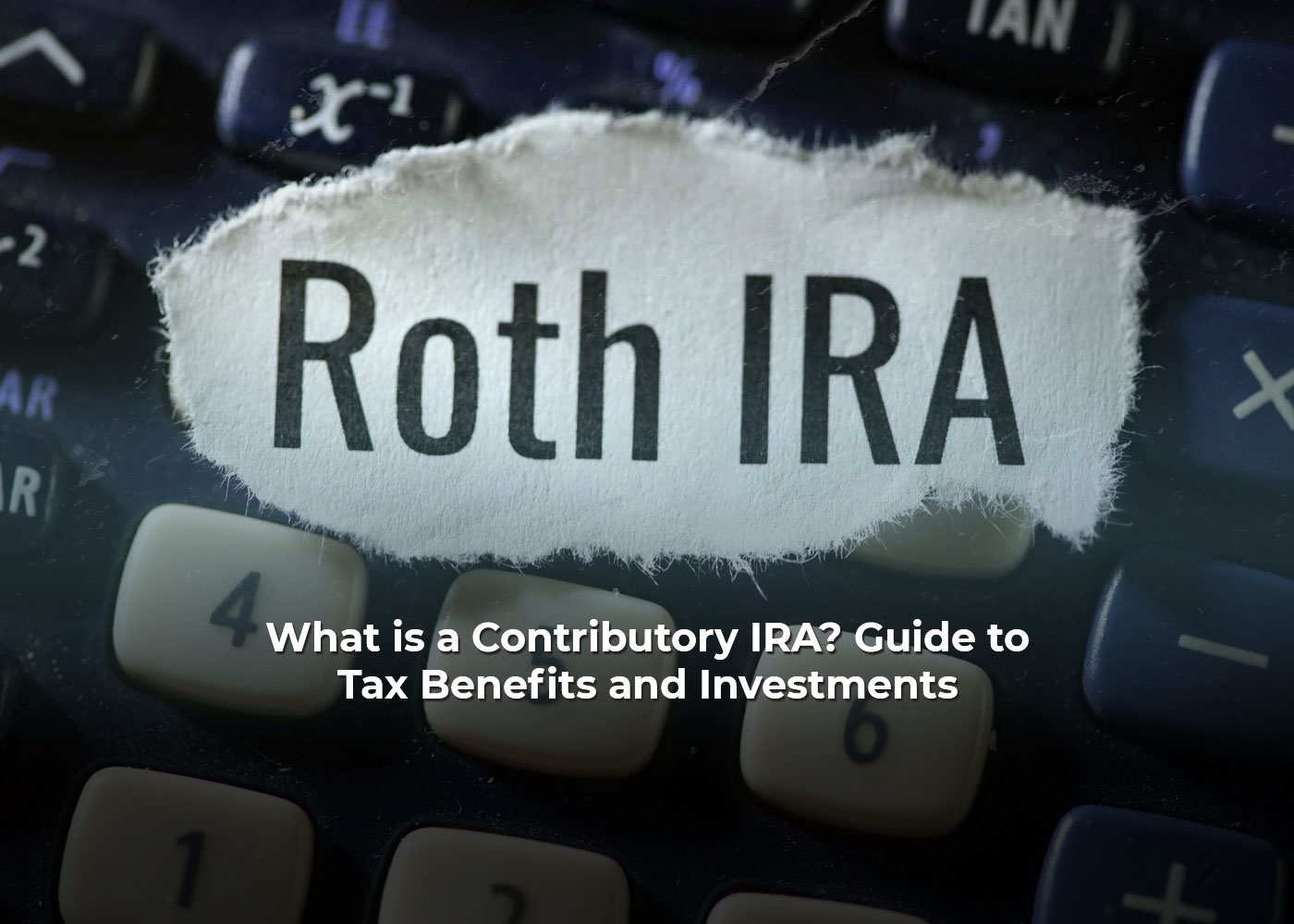What is a Contributory IRA? Guide to Tax Benefits and Investments
Retirement planning is crucial for our future financial peace of mind and investing in the right retirement accounts is of utmost importance. In some cases, the timing can be problematic. Many issues play an important role in this process, such as insolvency, finding a job, investment problems, etc.

Retirement planning is crucial for our future financial peace of mind and investing in the right retirement accounts is of utmost importance. In some cases, the timing can be problematic. Many issues play an important role in this process, such as insolvency, finding a job, investment problems, etc. We will discuss a type of retirement account called “Contributory IRA” that will allow you to save for retirement and reduce your tax burden.
What is a Contributory IRA?
A Contributory IRA is a type of individual retirement account where contributors can save for retirement. Unlike other types of IRAs, Contributory IRA contributors can benefit from tax deductions.
This provides them with economic relief. They can also take advantage of tax deferral benefits. Eligibility requirements, contribution limits and rules for participation are the main features of this account type.
Today, many economists recommend savings methods similar to Contributory IRAs. Nevertheless, it should be noted that there are some advantages and disadvantages. You can make a choice according to these advantages and disadvantages.
Tax Advantages of a Contributory IRA
In general, a Contributory IRA has many advantages. Of course, not all of them are suitable for everyone. So you may need to take a look at what works for you and make a decision accordingly.
Tax deferral on contributions and earnings: With this type of account, amounts contributed and earnings received are not taxed, allowing for faster accumulation.
Tax deduction on contributions for certain income levels: Contributions to a Contributory IRA may be tax deductible within certain income limits.
Potentially tax-free withdrawals in retirement: If certain conditions are met, withdrawals made in retirement may be tax-free.

Types of Investments for a Contributory IRA
The most prominent types of Contributory IRA investments are the following:
- Stocks and bonds
- Mutual funds and ETFs
- Real estate and alternative investments
- Cash and money market funds
Risks and Cautions
When it comes to these investment options, market fluctuations and investment risk come first. When it comes to investment values and economic infrastructure that can fluctuate depending on market conditions, it may be necessary to consider this option. This brings with it some serious investment risk in the long term.
Another issue to be aware of is withdrawal penalties and early withdrawal rules. Withdrawals before retirement age can result in taxes and penalties.
Not to forget affecting eligibility for other retirement accounts and benefits. It is important to pay attention to eligibility requirements when investing in other retirement accounts besides a Contributory IRA.
Another topic is undoubtedly the option of professional financial advice. It may be useful to seek the advice of a financial advisor to manage your retirement investments properly.
Comparison With Other Pension Accounts
The main difference between traditional and Roth IRAs is that a traditional IRA offers a tax deduction but taxes withdrawals in retirement, while a Roth IRA offers no tax deduction but allows tax-free withdrawals in retirement.
401(k) plans and other employer-sponsored plans can offer similar tax benefits to defined contribution IRAs. But they offer different contribution limits and options. These plans are accounts where employers contribute to their employees’ retirement accounts.
Health Savings Accounts (HSAs) are accounts that offer tax benefits and provide savings for medical expenses. HSAs can be considered part of retirement planning, but the purpose of these accounts is solely health-related.
Things to Consider Before Investing in Conclusion
For those who want to save for retirement and reduce their tax burden, a defined contribution pension account is a type of retirement account that offers many benefits. With benefits such as tax deferral and potentially tax-free withdrawals, this type of account can be an important tool for future financial peace of mind. However, as everyone’s financial situation and goals are different, it is important to seek the advice of a financial professional when choosing the right retirement account.

![Saving $2,000 Monthly: How to Make it a Habit [2023]](/wp-content/uploads/2023/04/Saving-2000-Monthly-How-to-Make-it-a-Habit-2023-390x220.jpg)


